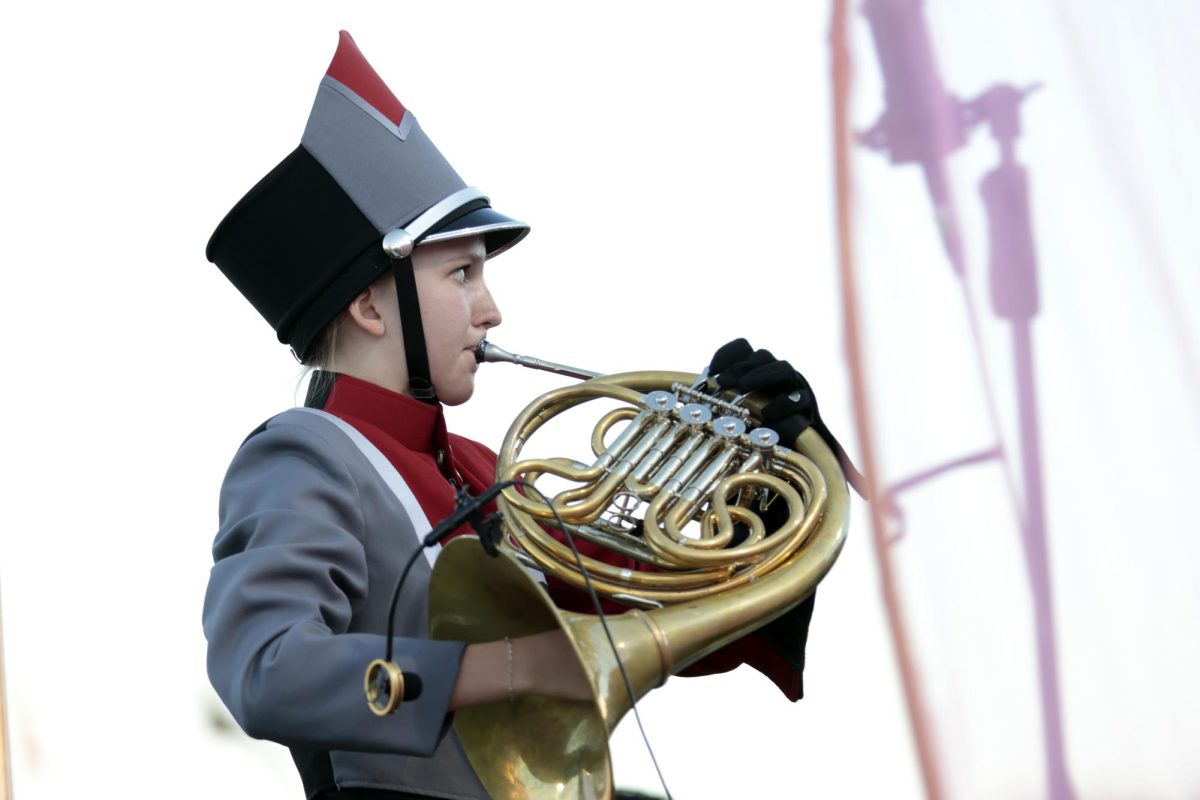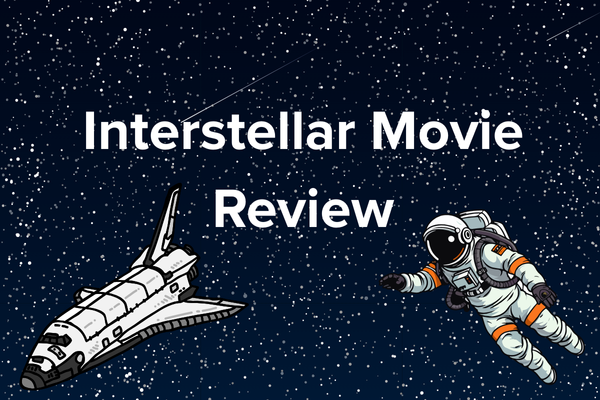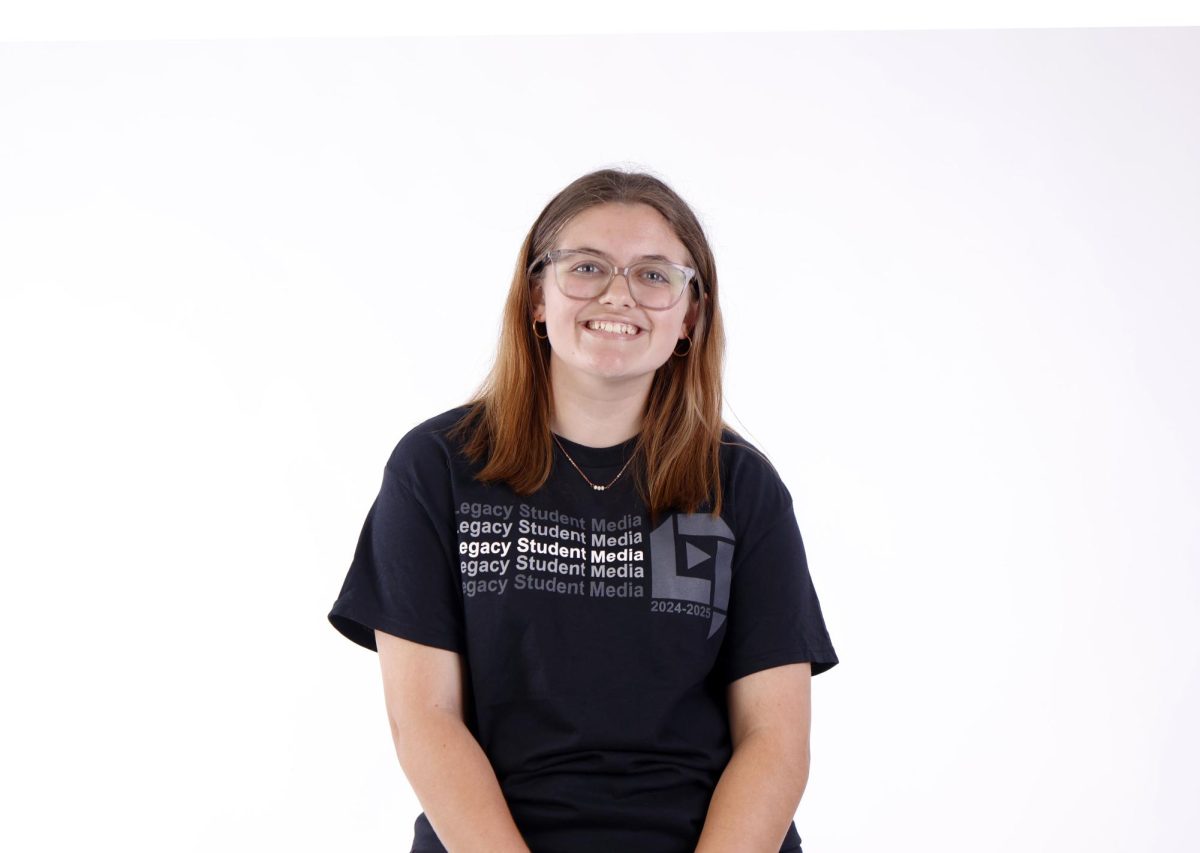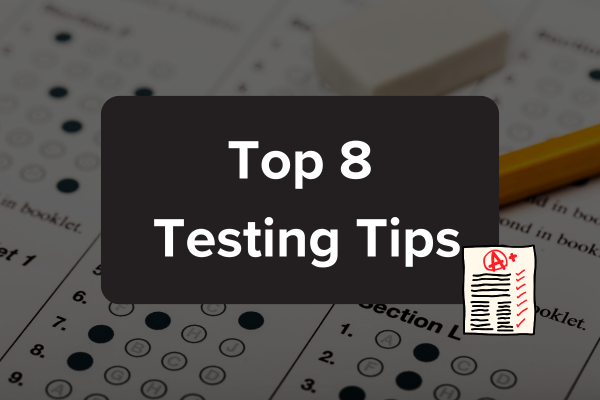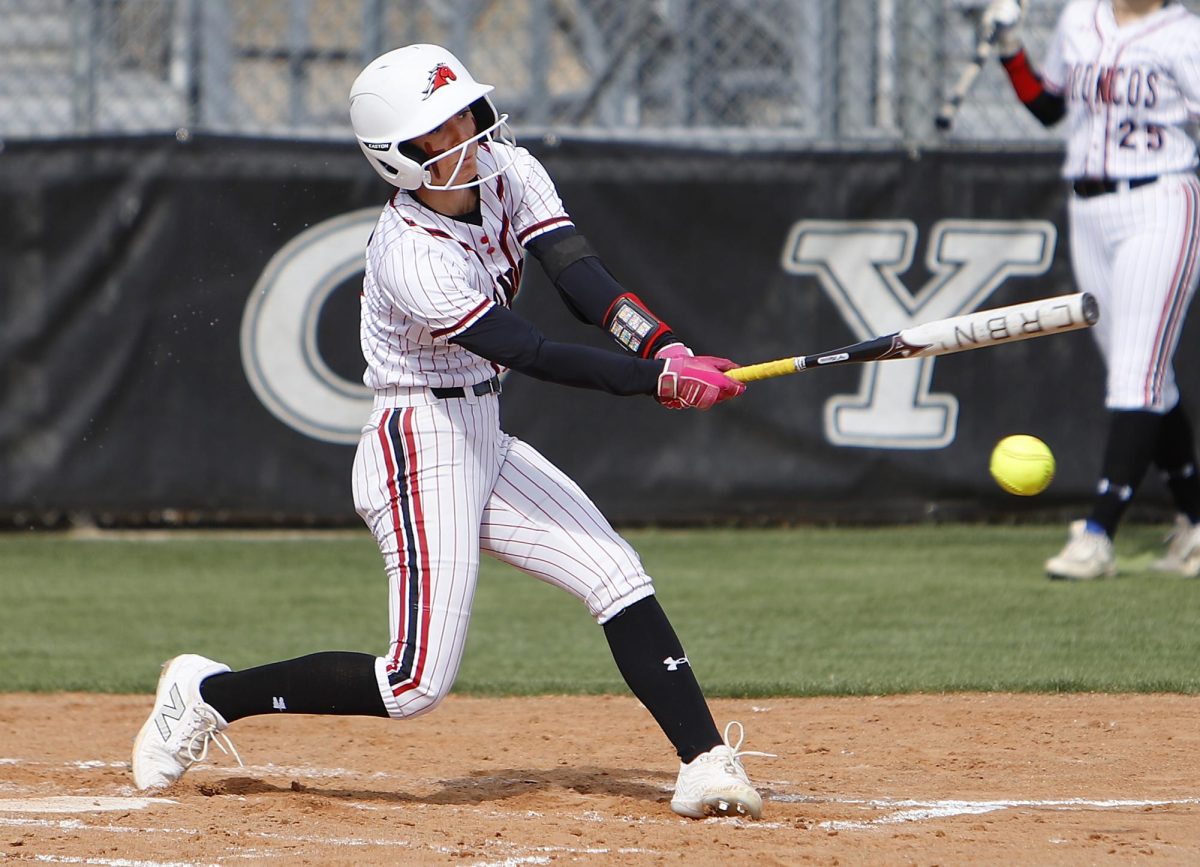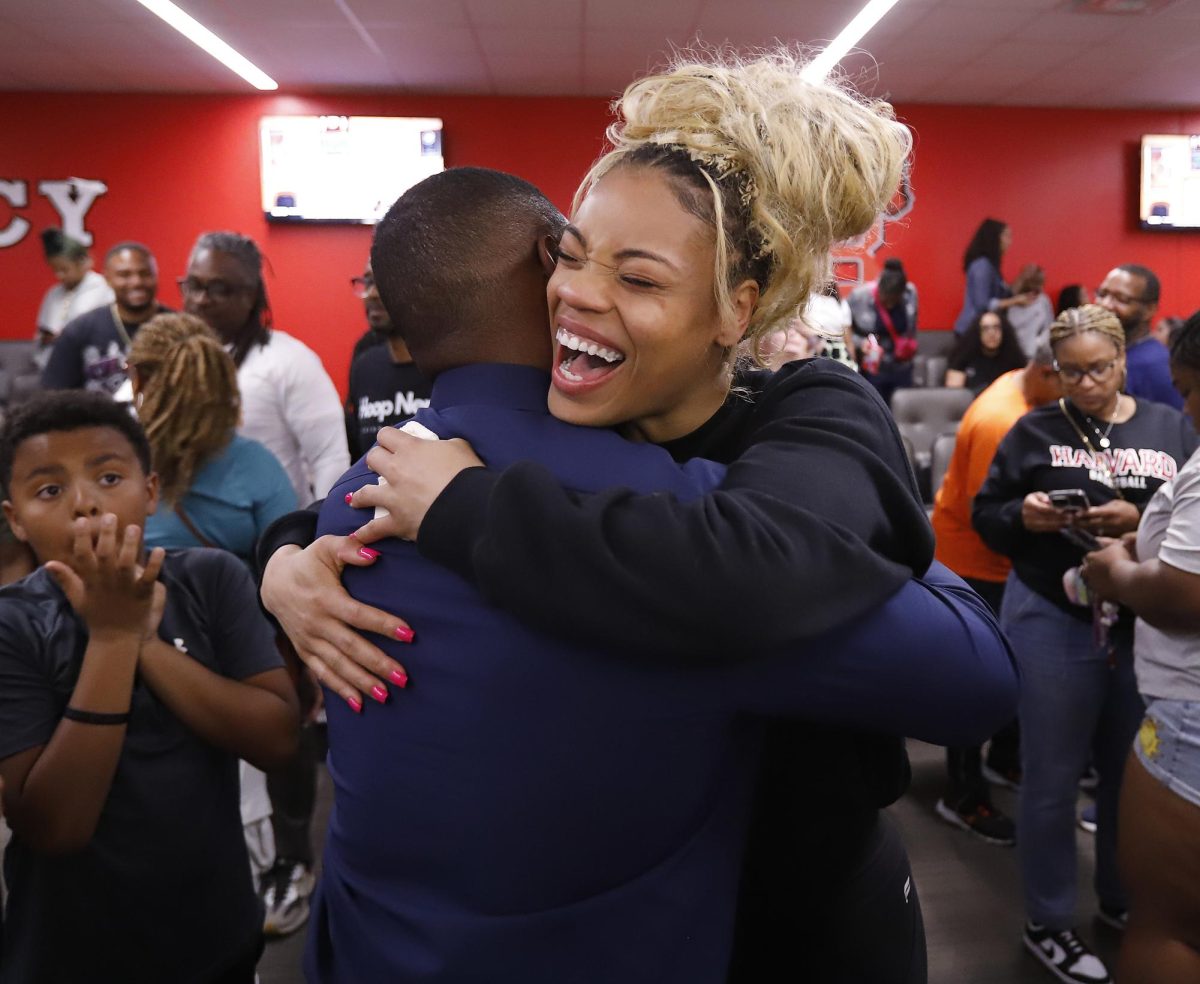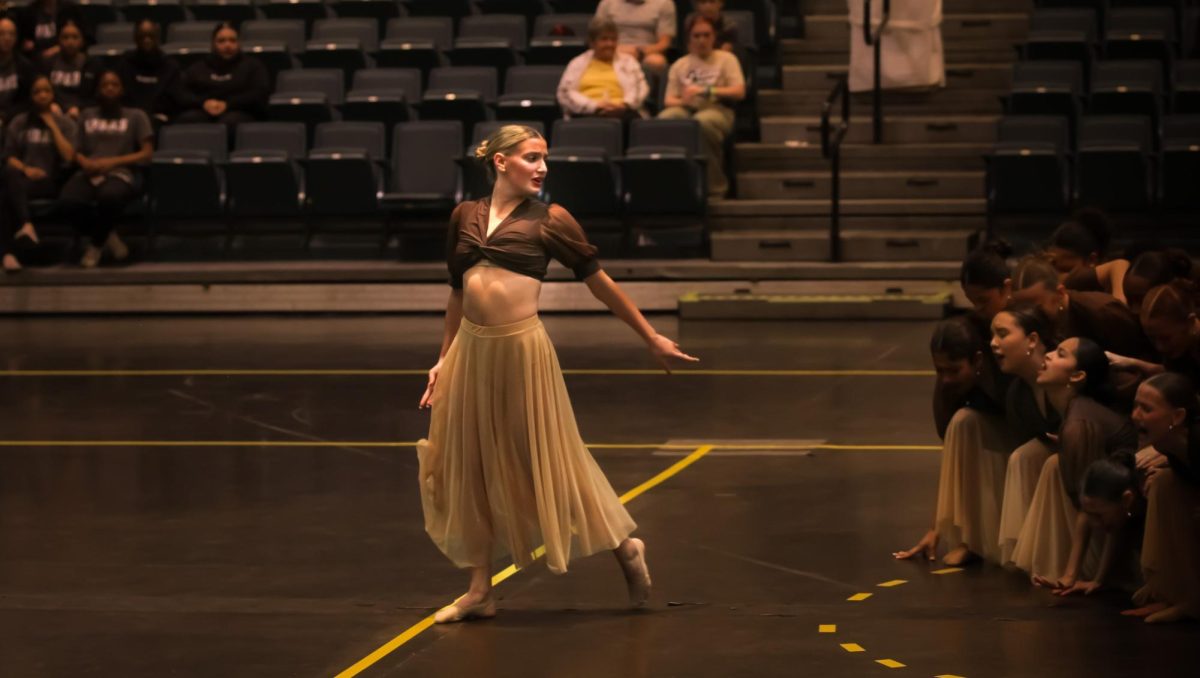Searching for new music to put on her iPod, senior Alana Miller downloads a file awaiting the moment she can listen to the new song. As she places the headphones into her ears, she turns the volume up and jams to her free, illegal music.
Limewire, Frostwire and BitTorrent are just a few examples of peer to peer (P2P) file sharing websites. P2P file sharing, the practice of distributing or allowing access to digitally stored information. During Miller’s freshman year she used Limewire for all her music needs until her computer caught a virus from a free downloaded book.
“I was never really afraid of getting in trouble. I was young, so I didn’t really care,” Miller said. “I don’t feel bad about it because every recording artist is banking. I am not really worried about them not getting their dues.”
[Recoding Industry Association of America’s FAQs on downloading music]
More than 16 million people use P2P to download music according to The Recording Industry Association of America (RIAA). RIAA promotes the creative and financial life of the major music companies. The RIAA supports the Internet Service Provider (ISP) who sends out the letters regarding downloading music illegally. Graduate Dallas Reid received a letter from the ISP telling him that his IP address was tracked and found guilty of music copyright infringement.
“I was scared,” Reid said. “It almost felt like an invasion of privacy, but at the same time, I knew that they had every right to check.”
A copyright notice informs a person that they have been caught illegally downloading music. The letter warns the accused that they need to stop downloading music or they become liable to serious legal consequences.
“Well, I personally don’t have a problem with it as I used to do it, but I can see why the artists that create the music do,” Reid said. “They don’t want their songs to be stolen. It makes sense, by taking their songs you’re taking their money.”
Senior Baylie Roberts has never used an illegal P2P file sharing site to acquire her favorite music. Roberts prefers to buy a hard copy of the song, at one time she spent over $50 purchasing CD’s. In total Robert has spent over $1,000 on her music.
“I only buy CD’s because I have this fear the my computer will crash from downloading,” Roberts said. “I prefer the hard-copy of CD because I know I can not lose it in cyberspace, I am super protective of my CD’s.”
When a person illegally downloads music they not only affect the artist but every worker that was involved. Because of P2P sites music sales in the U.S. have dropped from $14.6 billion to $7.7 billion in this decade.
“To each its own. I am not against illegally downloading. I don’t really see a problem with it,” Roberts said. “But I do think music should cost money because it is an industry at the end of the day.”





